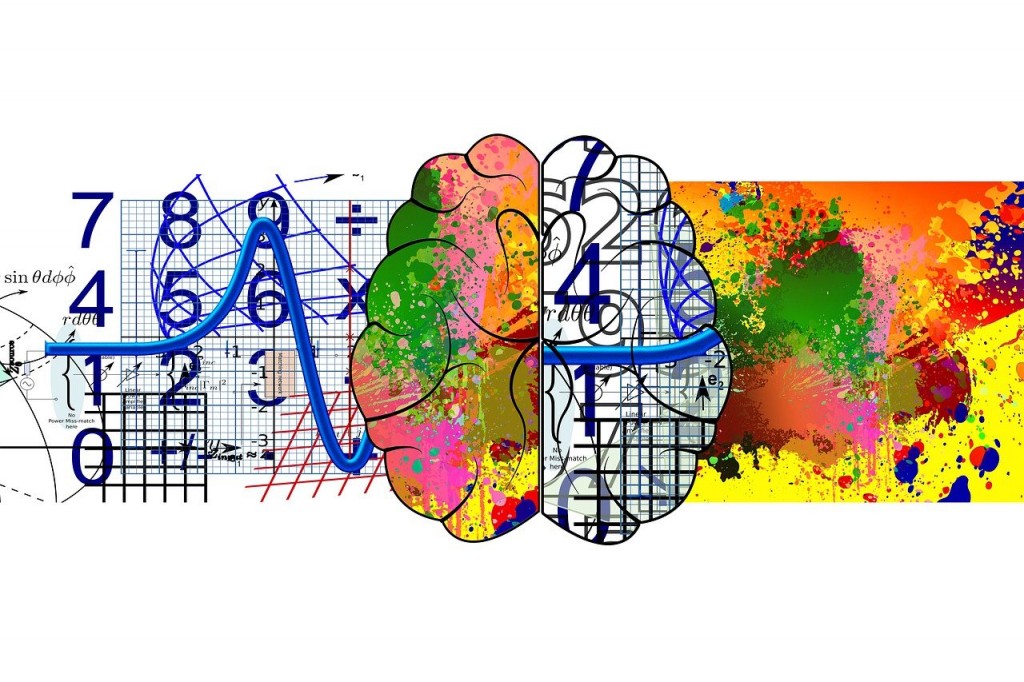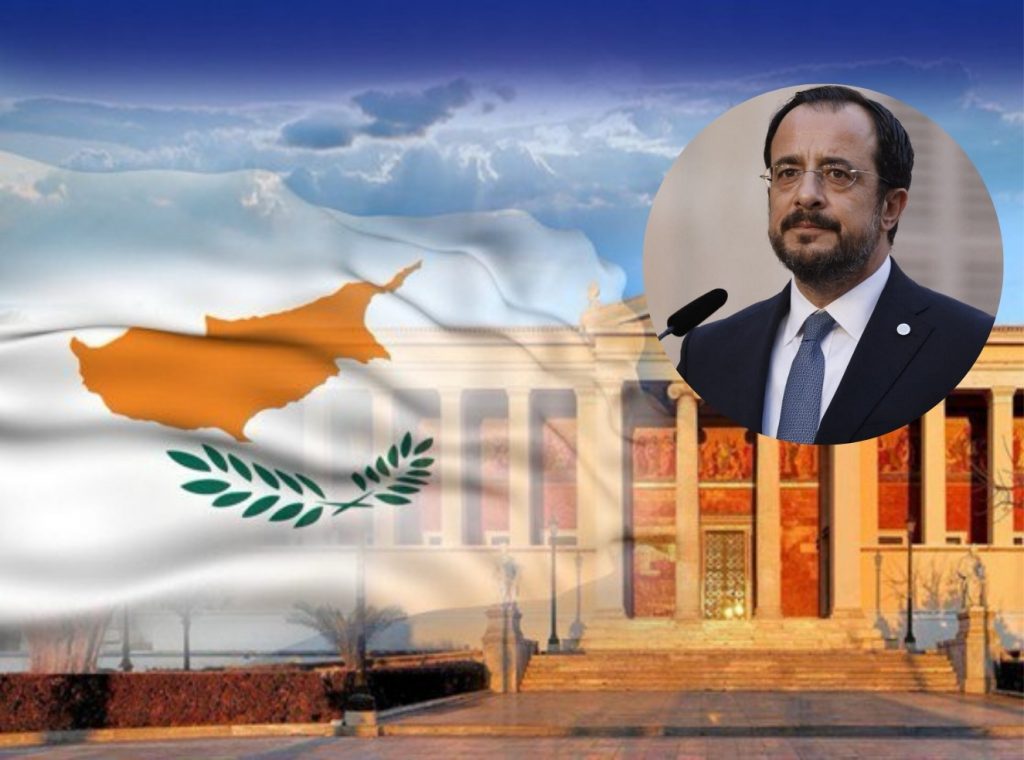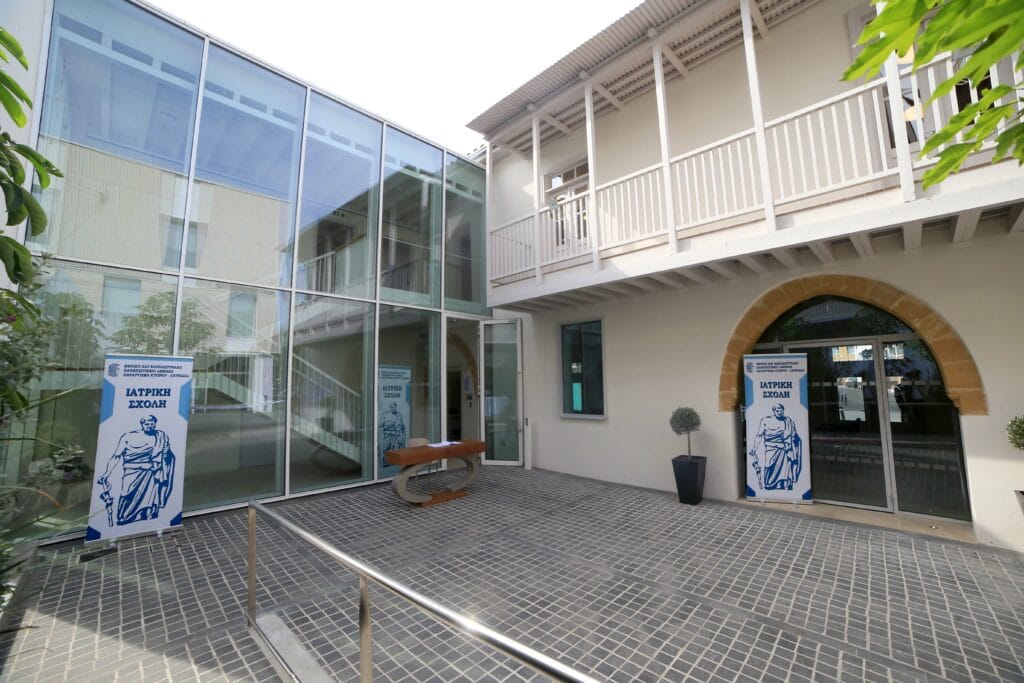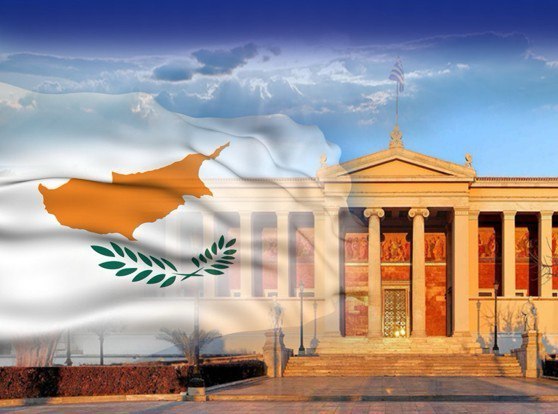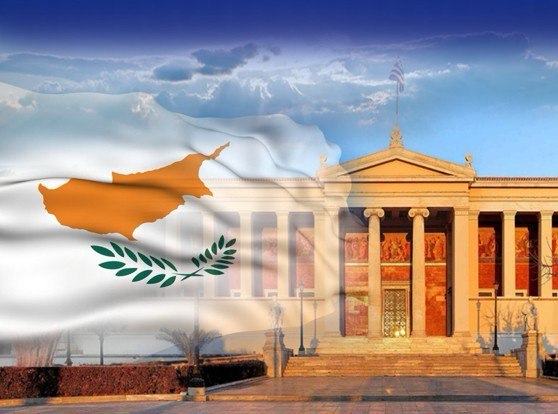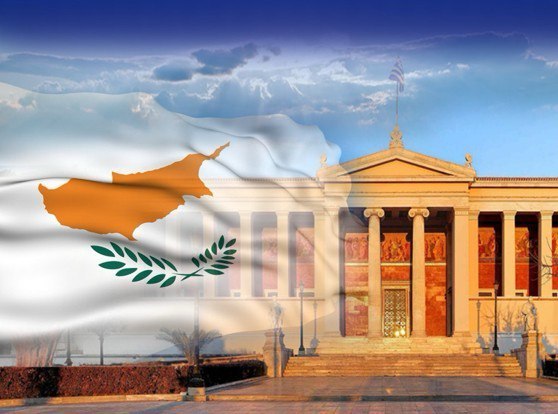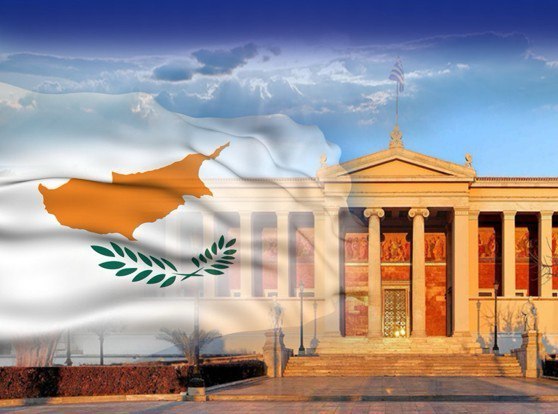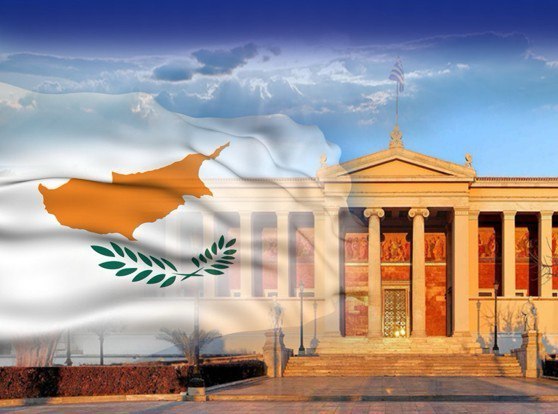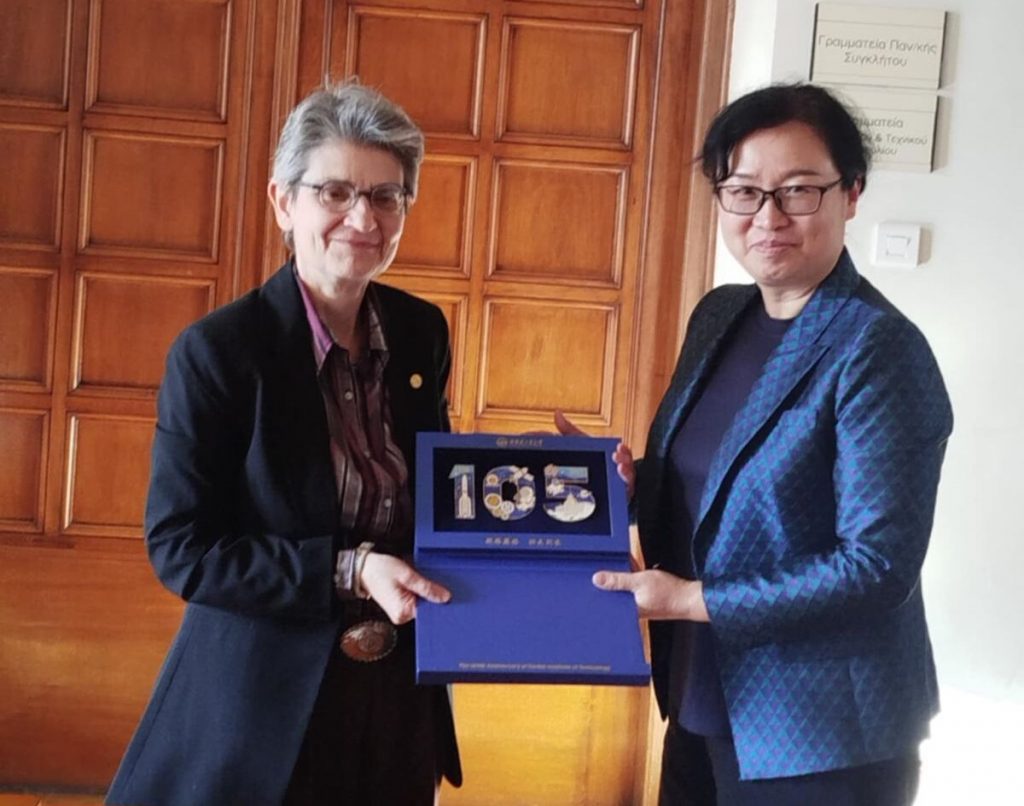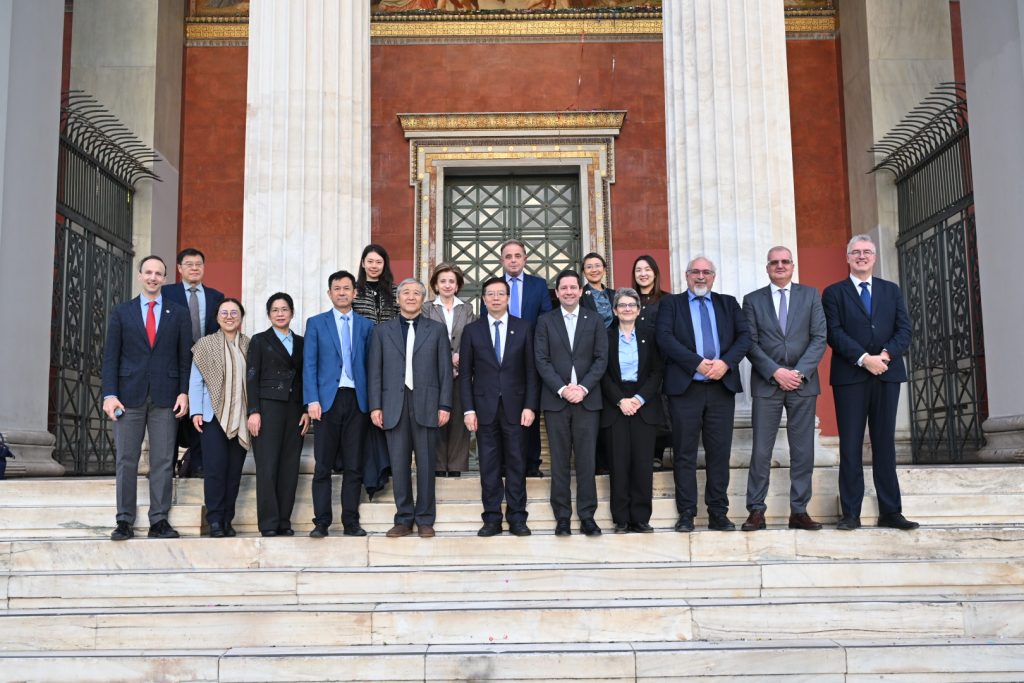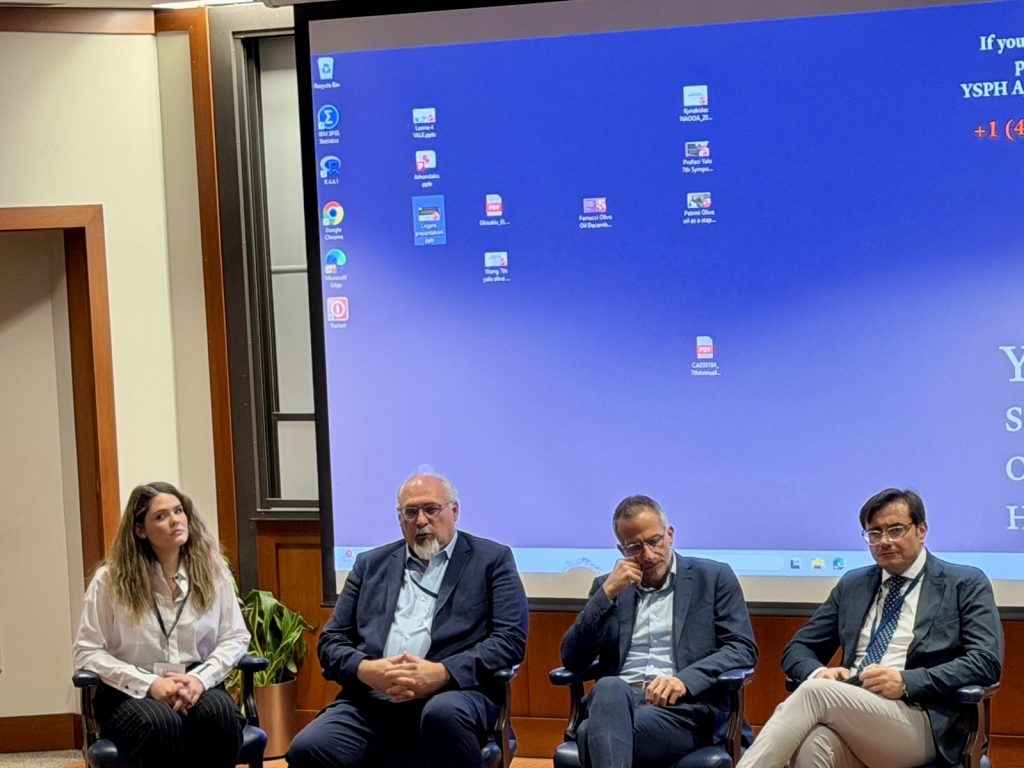Do we have one brain or two hemispheres, and how do they function during writing? What about the brains of left-handers and right-handers?
A recent, novel study explores the intricate interplay between the linguistic and motor components of written language in the two brain hemispheres of both left-handed and right-handed individuals. The study has been recently published in Laterality: Asymmetries of Brain, Behaviour, and Cognition and it is led by Professor Marietta Papadatou-Pastou, Assistant professor in the National and Kapodistrian University of Athens, and co-authored by a multinational team of researchers from Universities in Greece, Australia, and Canada.
Cerebral lateralization, the specialization of cognitive functions in one hemisphere of the brain, has been extensively studied for oral language production, typically identifying the left hemisphere as dominant. However, written language, particularly in left-handers, has received limited scientific attention.
Using functional transcranial Doppler (fTCD) ultrasound, a safe and easily applicable technique, the study aimed to disentangle the linguistic and motor components of writing. By comparing cerebral activation during written word generation versus letter copying, the researchers sought insights into the neural processes of written language and its lateralization. Moreover, they explored the relationship between the well-studied oral language and the linguistic component of writing in terms of lateralization.
Contrary to the pre-registered hypotheses, the study did not find a difference in the cerebral lateralization of the linguistic component of writing between left-handers and right-handers or a correlation between oral language and the linguistic component of written language regarding lateralization.
Dr. Papadatou-Pastou commented, “Our findings emphasize the complex nature of the processes governing written and oral language. While the study did not confirm our initial hypotheses, it opens new avenues for exploration and underscores the challenges in isolating the linguistic component of writing. The interplay between handedness and cerebral lateralization adds an additional layer of complexity to our understanding.”
The existing neuroimaging studies on writing referenced in the research predominantly focused on right-handers, despite the fact that approximately one in 10 individuals is left-handed. The study advocates for a more inclusive approach, recognizing the diverse characteristics of the neurotypical population and the importance of also recruiting left-handers.
For more information or to access the complete academic paper, please visit https://doi.org/10.1080/1357650X.2023.2284407


